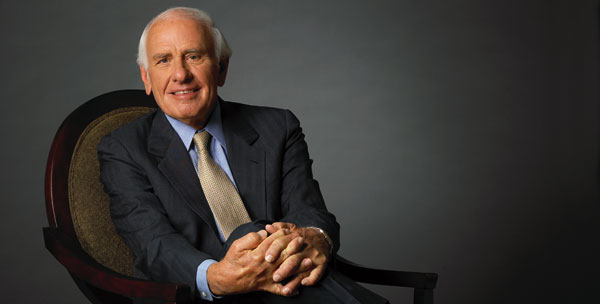Bobby Thigpen spent most of his career with the Chicago White Sox and had a good baseball career. However, I am sure that it's a little known fact that he also fancied himself as somewhat of a poet. That's right... a poet. The man to whom the White Sox turned in the ninth to mow down batters could have been the next Robert Frost.
Actually, that may be an exaggeration. His poetry most likely would not have received an “A” in any junior high English class. Thigpen, after his first full year in the Major Leagues, posted a 7 and 5 record with 16 saves and an ERA of 2.70. But, he did sense that the possibility of not being signed was real. He sent this short poem to White Sox chairman Jerry Reinsdorf:
As I sit at home this off-season,
I wonder what the hell is the reason,
Why the club wants to be unfair,
Underpaying a player who can produce and care.
Reinsdorf could roll with the punches and promptly responded with some rhymes of his own.
I hope you are a really good pitcher,
Because as a poet you will never get richer;
If you are not pitching this year,
I will be sad but won’t fear;
Though you may be one of the best,
There’s always someone among the rest.
At this point it was getting fun. And Thigpen couldn’t resist but to respond with more poetry of his own. Thigpen sent this gem to his fellow poet:
It is true that my potential as a poet is very small,
But, in the ninth, who do you want to have the ball?
You say there will always be someone among the rest,
But, who do you want, them or the best?
Thigpen didn’t get his salary doubled like he wanted. But, he did get signed and had a nice career. Someone once said that, “Life is too serious to be taken seriously.” Thigpen is a man who had an unconventional and fun approach to a very serious issue, such as his salary. How often in business and life do you make a serious situation only more serious by being unnecessarily stoic. If we can learn any lesson from Thigpen, it would be to lighten up and have some fun.
Actually, that may be an exaggeration. His poetry most likely would not have received an “A” in any junior high English class. Thigpen, after his first full year in the Major Leagues, posted a 7 and 5 record with 16 saves and an ERA of 2.70. But, he did sense that the possibility of not being signed was real. He sent this short poem to White Sox chairman Jerry Reinsdorf:
As I sit at home this off-season,
I wonder what the hell is the reason,
Why the club wants to be unfair,
Underpaying a player who can produce and care.
Reinsdorf could roll with the punches and promptly responded with some rhymes of his own.
I hope you are a really good pitcher,
Because as a poet you will never get richer;
If you are not pitching this year,
I will be sad but won’t fear;
Though you may be one of the best,
There’s always someone among the rest.
At this point it was getting fun. And Thigpen couldn’t resist but to respond with more poetry of his own. Thigpen sent this gem to his fellow poet:
It is true that my potential as a poet is very small,
But, in the ninth, who do you want to have the ball?
You say there will always be someone among the rest,
But, who do you want, them or the best?
Thigpen didn’t get his salary doubled like he wanted. But, he did get signed and had a nice career. Someone once said that, “Life is too serious to be taken seriously.” Thigpen is a man who had an unconventional and fun approach to a very serious issue, such as his salary. How often in business and life do you make a serious situation only more serious by being unnecessarily stoic. If we can learn any lesson from Thigpen, it would be to lighten up and have some fun.
